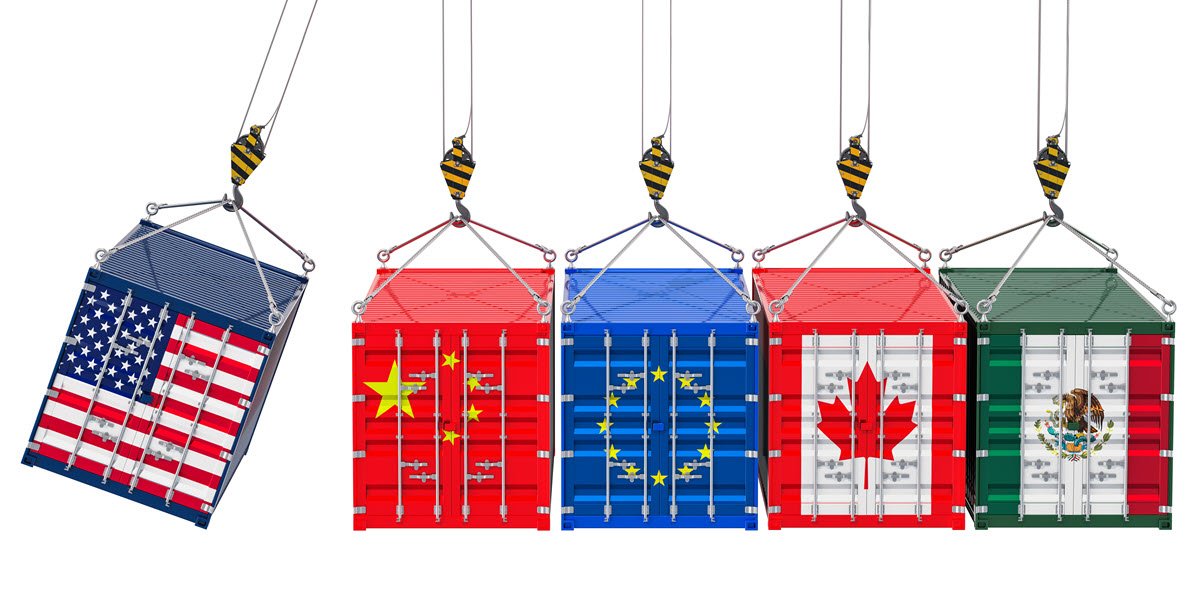The High Cost of Trade Wars: How Tariffs Affect the Pharmaceutical Industry
Table of Contents
- The Effects of Tariffs & Trade Barriers on Furniture Business I Formaspace
- U.S. Pharmaceuticals Industry Analysis and Trends 2023 | NAVADHI Market ...
- Zero Tariffs on Pharmaceutical Products Won't Affect Our Revenue Target ...
- Why Would A Tariff Be Used: Exploring Trade Policy Strategies
- China Levies Zero Tariff on Active Pharmaceutical Ingredients of COVID ...
- Top Largest Pharmaceutical Exporting Countries in the World - YouTube
- The World's Pharma Lords: Which Countries Buy & Sell the Most Drugs?
- Components of pharmaceutical public prices (excluding VAT) | Download Table
- Donald Trump vows to impose 25% tariff on products from Canada, Mexico
- Tariff Code For Services

-0101.jpg)

The Tariff Conundrum



The Impact on Manufacturers
:max_bytes(150000):strip_icc()/TariffsAffectPrices1_2-e3858c9eddb649a8b3ffc70af1f9938b.png)

The Impact on Consumers
The ultimate burden of tariffs falls on the consumers. Higher production costs are often passed on to consumers in the form of increased prices. This can be particularly devastating for patients who rely on life-saving medications. The increased cost of medicines can lead to reduced access, especially for low-income individuals and those in developing countries. Furthermore, tariffs can also limit the availability of certain medications, as manufacturers may choose not to import products that are subject to high tariffs.
The Global Consequences
The impact of tariffs on pharmaceutical products is not limited to individual countries. The global pharmaceutical industry is interconnected, and tariffs can have far-reaching consequences. The World Health Organization (WHO) has warned that tariffs on pharmaceuticals can lead to: Reduced access to essential medicines Increased prices Decreased competition Limited innovation
A Solution to the Crisis
To mitigate the effects of tariffs on pharmaceutical products, governments and industry stakeholders must work together to find a solution. This can include: Negotiating trade agreements that exempt pharmaceuticals from tariffs Implementing policies to reduce the cost of production, such as tax incentives or subsidies Encouraging domestic production of essential medicines Promoting international cooperation to ensure access to affordable medicines The imposition of tariffs on pharmaceutical products has significant implications for the industry and consumers. While the intention behind tariffs may be to protect domestic industries, the reality is that they can lead to increased costs, reduced access, and limited innovation. It is essential for governments and industry stakeholders to work together to find a solution that balances the need to protect domestic industries with the need to ensure access to affordable medicines. Ultimately, the high cost of trade wars must be borne by someone, and it is crucial that we prioritize the health and well-being of patients over protectionist policies.Word count: 500